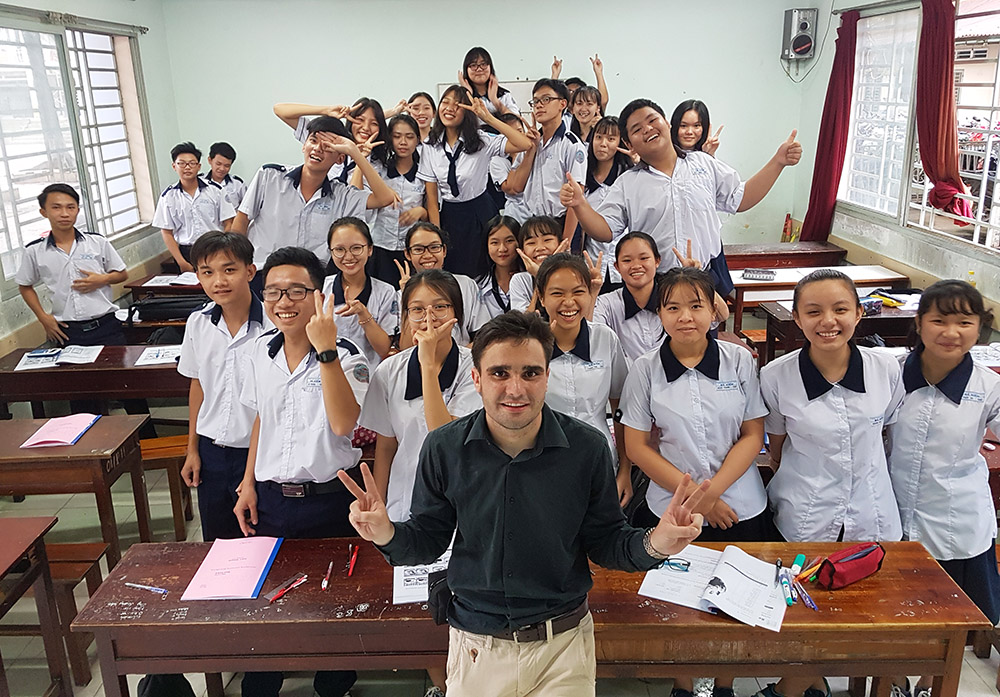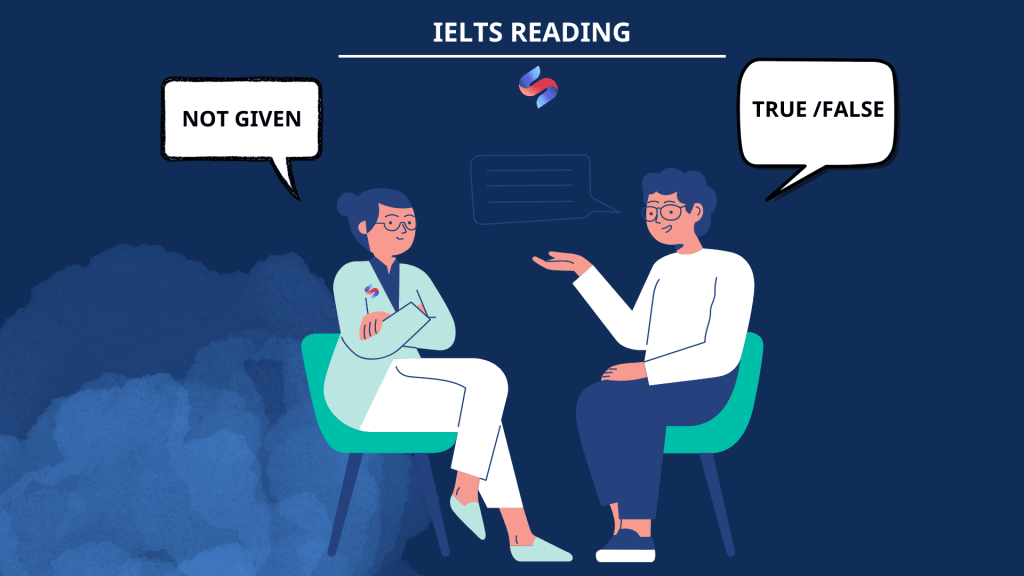
EUROPEAN TRANSPORT SYSTEMS
1990-2010
What have been the trends and what are the prospects for European transport systems?
- It is difficult to conceive of vigorous economic growth without an efficient transport system. Although modern information technologies can reduce the demand for physical transport by facilitating teleworking and teleservices, the requirement for transport continues to increase. There are two key factors behind this trend. For passenger transport, the determining factor is the spectacular growth in car use. The number of cars on European Union (EU) roads saw an increase of three million cars each year from 1990 to 2010, and in the next decade the EU will see a further substantial increase in its fleet.
- As far as goods transport is concerned, growth is due to a large extent to changes in the European economy and its system of production. In the last 20 years, as internal frontiers have been abolished, the EU has moved from a ‘stock’ economy to a ‘flow’ economy. This phenomenon has been emphasised by the relocation of some industries, particularly those which are labour intensive, to reduce production costs, even though the production site is hundreds or even thousands of kilometres away from the final assembly plant or away from users.
- The strong economic growth expected in countries which are candidates for entry to the EU will also increase transport flows, in particular road haulage traffic. In 1998, some of these countries already exported more than twice their 1990 volumes and imported more than five times their 1990 volumes. And although many candidate countries inherited a transport system which encourages rail, the distribution between modes has tipped sharply in favour of road transport since the 1990s. Between 1990 and 1998, road haulage increased by 19.4%, while during the same period rail haulage decreased by 43.5%, although – and this could benefit the enlarged EU – it is still on average at a much higher level than in existing member states.
- However, a new imperative – sustainable development – offers an opportunity for adapting the EU’s common transport policy. This objective, agreed by the Gothenburg European Council, has to be achieved by integrating environmental considerations into Community policies, and shifting the balance between modes of transport lies at the heart of its strategy. The ambitious objective can only be fully achieved by 2020, but proposed measures are nonetheless a first essential step towards a sustainable transport system which will ideally be in place in 30 years’ time, that is by 2040.
- In 1998, energy consumption in the transport sector was to blame for 28% of emissions of CO2, the leading greenhouse gas. According to the latest estimates, if nothing is done to reverse the traffic growth trend, CO2 emissions from transport can be expected to increase by around 50% to 1,113 billion tonnes by 2020, compared with the 739 billion tonnes recorded in 1990. Once again, road transport is the main culprit since it alone accounts for 84% of the CO2 emissions attributable to transport. Using alternative fuels and improving energy efficiency is thus both an ecological necessity and a technological challenge.
- At the same time greater efforts must be made to achieve a modal shift. Such a change cannot be achieved overnight, all the less so after over half a century of constant deterioration in favour of road. This has reached such a pitch that today rail freight services are facing marginalisation, with just 8% of market share, and with international goods trains struggling along at an average speed of 18km/h. Three possible options have emerged.
- The first approach would consist of focusing on road transport solely through pricing. This option would not be accompanied by complementary measures in the other modes of transport. In the short term it might curb the growth in road transport through the better loading ratio of goods vehicles and occupancy rates of passenger vehicles expected as a result of the increase in the price of transport. However, the lack of measures available to revitalise other modes of transport would make it impossible for more sustainable modes of transport to take up the baton.
- The second approach also concentrates on road transport pricing but is accompanied by measures to increase the efficiency of the other modes (better quality of services, logistics, technology). However, this approach does not include investment in new infrastructure, nor does it guarantee better regional cohesion. It could help to achieve greater uncoupling than the first approach, but road transport would keep the lion’s share of the market and continue to concentrate on saturated arteries, despite being the most polluting of the modes. It is therefore not enough to guarantee the necessary shift of the balance.
- The third approach, which is not new, comprises a series of measures ranging from pricing to revitalising alternative modes of transport and targeting investment in the trans-European network. This integrated approach would allow the market shares of the other modes to return to their 1998 levels and thus make a shift of balance. It is far more ambitious than it looks, bearing in mind the historical imbalance in favour of roads for the last fifty years, but would achieve a marked break in the link between road transport growth and economic growth, without placing restrictions on the mobility of people and goods.
- Giải thích từ vựng
- Long-term (a) /ˌlɒŋˈtɜːm/ dài hạn, dài ngày, lâu dài
Eg: It’s too early to assess the long-term consequences of the collapse of the Soviet Union.
We want long-term solutions, not short-term palliatives.
Long term (n)
Collocation
- a long-term agreement/contract/deal
- long-term growth
- long-term debt/effects/planning
- Pattern (n) /ˈpæt.ən/ mẫu, mô hình, kiểu mẫu
Eg: The pattern of family life has been changing over recent years.
A pattern is beginning to emerge from our analysis of the accident data.
Từ đồng nghĩa
sample
- Escalate (v) /ˈes.kə.leɪt/ leo thang
Eg: The fighting escalated into a full-scale war.
We do not want to escalate the war.
The cost of raw materials has escalated sharply.
Collocation
- escalate into something
- escalate sth into sth
Một số từ đồng nghĩa:
- increase We need to increase production to meet demand.
- Grow The number of people living alone grows each year.
- Rise Prices rose by 10 per cent.
- Go up House prices keep going up.
- Admission (n) /ədˈmɪʃ.ən/sự nhận vào, sự thu nạp vào; sự kết nạp
Eg: Admission to the exhibition will be by invitation only.
How many students will gain admission to Yale?
Collocation
- admission that
- admission of guilt/responsibility/failure
- by sb’s own admission
- Conceive (v) /kənˈsiːv/ tưởng tượng
Eg: I think my uncle still conceives of me as a four-year-old.
Một số từ đồng nghĩa:
- imagine You can just imagine her storing up these anecdotes for her dinner parties.
- think of I want you to think of a time when you felt happy.
- Picture When I say ‘your car’ you have a picture of that in your head.
- in your mind’s eye In my mind’s eye, I’m still a uni student and not a middle-aged worker.
- Vigorous (a) /ˈvɪɡ.ər.əs/ mãnh liệt, mạnh mẽ
Eg: They are leading a very vigorous campaign to get the chairman removed.
taking some quite vigorous exercise
vigorously (adv)
vigour (n)
- Spectacular (a) /spekˈtæk.jə.lər/ ngoạn mục
Eg: The Olympics climaxed in a spectacular closing ceremony.
He makes a spectacular entrance in act two draped in a gold sheet.
- Key (a) /kiː/ quan trọng, chủ chốt
Eg: She was a key figure in the international art world.
The key witness for the prosecution was offered police protection after she received death threats.
Một số từ đồng nghĩa
- cardinal
- central
- fundamental
- primal
- Due to (adv) vì, do
Eg: A lot of her unhappiness is due to boredom.
The bus was delayed due to heavy snow.
The game has been cancelled due to adverse weather conditions.
- Abolish (v) /əˈbɒl.ɪʃ/ thủ tiêu, bãi bỏ, huỷ bỏ
Eg: The government ought to abolish the tax altogether.
Is monarchy relevant in the modern world or should it be abolished?
Abolition (n)
- Labour intensive (a) /ˌleɪ.bər.ɪnˈten.sɪv/ cần nhiều lao động, dùng nhiều lao động
Eg: A lot of farming techniques have been abandoned because they were too labour intensive.
- Candidate (n) /ˈkæn.dɪ.dət/ ứng cử viên/ thí sinh
Eg: There are three candidates standing in the election.
The English Department is a likely candidate for staff cuts.
Collocation
- a candidate for sth
- a good/likely/potential candidate
- a successful/unsuccessful candidate
- a congressional/mayoral/presidential, etc. candidate
- Haulage (n) sự chuyên chở hàng (bằng xe vận tải); vận tải
Eg: There is room this year – as in the past – for more traditional industries, such as engineering and vehicle manufacture as well as transport and haulage.
Collocation
haulage costs/rates/services
- Be in favour of sth: ủng hộ cái gì
Eg: The Council voted in favour of a £200 million housing development.
Are you in favour of a ban on smoking?
I’m not in favour of hitting children.
He argued in favour of a strike.
- Integrate (v) /ˈɪn.tɪ.ɡreɪt/ tích hợp, hợp nhất
Eg: It’s very difficult to integrate yourself into a society whose culture is so different from your own.
Children are often very good at integrating into a new culture.
Integration (n)
Collocation
- integrate sth with sth
- integrate sth into sth
- The heart of sth: phần trọng tâm, phần quan trọng nhất của cái gì
Eg: The demonstrators will march through the heart of the capital.
- Blame (v) /bleɪm/ đổ lỗi, khiển trách
Eg: Don’t blame me if you miss the bus!
Hugh blames his mother for his lack of confidence.
Collocation
- to blame sb for sth
- Account for (phrasal verb) chiếm (bao nhiêu phần trăm)
Eg: The Japanese market accounts for 35 per cent of the company’s revenue.
- Reverse (v) /rɪˈvɜːs/ đảo ngược, lộn ngược
Eg: The new manager hoped to reverse the decline in the company’s fortunes.
- Deterioration (n) /dɪˌtɪə.ri.əˈreɪ.ʃən/ sự làm hư hỏng, sự làm giảm giá trị
Eg: We’ve seen a deterioration in relations between the countries.
When we arrived, we were appalled at her deterioration.
Deteriorate (v)
- Overnight (a, adv) /ˌəʊ.vəˈnaɪt/ ngày một ngày hai, một sớm một chiều; trong chốc lát
Eg: Building a project like this doesn’t happen overnight.
The company almost overnight reformed itself as a real estate developer.
- Pitch (n) /pɪtʃ/ mức độ
Eg: Speculation has reached such a pitch that a decision will have to be made immediately.
- Complementary (a) /ˌkɒm.plɪˈmen.tər.i/ bù, bổ sung
Eg: The complementary skills among the three executives created an effective leadership team.
Collocation
- complementary roles/skills/strengths
- complementary to sth
- Occupancy (n) /ˈɒk.jə.pən.si/ sự chiếm đóng, sự chiếm giữ
Eg: The family’s occupancy of the apartment lasted only six months.
Her occupancy of the apartment lasted only six months.
Prices are based on full occupancy of an apartment.
- Revitalise (v) /ˌriːˈvaɪ.təl.aɪz/ đem lại sức sống mới, đưa sức sống mới vào (cái gì); tái sinh
Eg: Japanese investment has revitalised this part of Britain.
Collocation
- revitalise an economy/industry/business
- Cohesion (n) /kəʊˈhiː.ʒən/ sự dính liền, sự cố kết
Eg: The lack of cohesion within the party lost them votes in the election.
Cohesive (a)
- Bear in mind: ghi nhớ
Eg: You don’t have to do anything about it now… just bear it in mind.
Một số từ đồng nghĩa:
- Remember Do you remember when her birthday is?
- Recall I don’t recall arranging a time to meet.
- Recollect I didn’t recollect having seen him.
- Remind Every time we meet he reminds me about the money he lent me.
- come back to I forgot his name but it’s just come back to me.
- Reminisce We were just reminiscing about our school days.
- Option (n) /ˈɒp.ʃən/ sự chọn lựa, quyền chọn lựa
Eg: The best option would be to cancel the trip altogether.
Opt (v)
Collocation
- have no option but to do sth: After her appalling behaviour, we had no option but to dismiss her.
- Luyện tập
Bài 1: Chọn từ trong khung để hoàn thành các câu bên dưới
| conceive | key | haulage | patterns | integrate |
| labor intensive | escalating | abolished | due to | heart |
- I can’t ………………… why anyone would want to hurt her.
- Violence between the two sides has been steadily …………………….
- Many behaviour ……………………. have been identified in the chimp colony.
- The control of inflation is a ……………………. component of the government’s economic policy.
- The problems might be …………………… a shortage of disk space.
- In Britain, national service was ……………………….. in 1962.
- Water transport of construction timber was vastly more cost-effective in this period than overland …………………….. by draught animals.
- Converting shale oil to usable material takes a ..……………………. process that’s very environmentally damaging.
- A disagreement about boundaries is at the ………………… of the dispute.
- The idea with young children is to ……………………. learning with play.
Bài 2: Chọn đáp án đúng để điền vào chỗ trống
- What this country needs is a …………………… policy for investment in science and technology. A.long-term B. key
- The river snakes through some of the most …………….. countryside in France. A. spectacular B. long-term
- The club refuses …………………….. to those under 18. A. pattern B. admission
- The Court of Appeal ……………………. the earlier judgment. A. integrated B. reversed
- He ……………….. his wife for the error. A. blamed B. integrated
- Inexperience can work against a …………………….. looking for a job. A. candidate B. haulage
- I’m all in ……………………. of equal pay for equal work. A. heart B. favour
- E-commerce sales …………………….. for 14 percent of total retail sales worldwide in 2019. A. accounted B. blamed
- Major capital expenditure is rarely recouped ……………………… A. overnight B. intensive
- The program is intended to prevent the significant …………….. of air quality. A. haulage B. deterioration
- We provide a service that is essentially ………………….. to that of the banks. A. overnight B. complementary
- She was a ……………………. opponent of the government. A. vigorous B. spectacular
- Tension with Pakistan had recently reached such a ……………..…………. that nuclear war did not seem inconceivable. A. pitch B. occupancy
- Community leaders are working hard to attract new industry and …………….. the downtown area. A. reverse B. revitalise
- They didn’t leave him much …………… – either he paid or they’d beat him up. A. option B. deterioration
- The “a priori” belief that outsiders are cannibals may promote group …….…… A. cohesion B. option
- Of course, repair work is expensive and you have to keep that in ………….….. A.cohesion B. mind
- The Paradise Island hotel has an …………………… rate of more than 90%. A. occupancy B. pitch
Bài 1:
1.conceive 2. escalating 3. patterns 4.key 5. due to
- abolished 7. haulage 8. labor intensive 9. heart
- integrate
Bài 2:
1.A 2. A 3. B 4. B 5. A
- A 7. B 8. A 9. A 10. B
- B 12. A 13. A 14. B 15.A
- A 17. B 18. A













